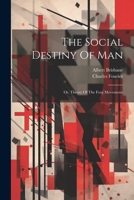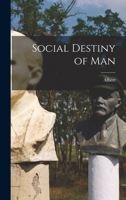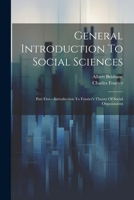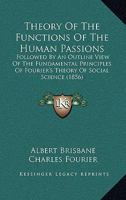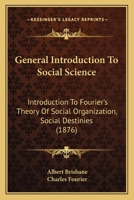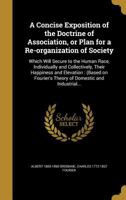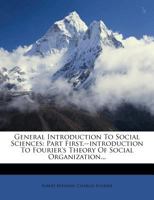Social Destiny of Man, Or, Association and Reorganization of Industry
Select Format
Select Condition 
Based on Your Recent Browsing
Book Overview
This scarce antiquarian book is a facsimile reprint of the original. Due to its age, it may contain imperfections such as marks, notations, marginalia and flawed pages. Because we believe this work is culturally important, we have made it available as part of our commitment for protecting, preserving, and promoting the world's literature in affordable, high quality, modern editions that are true to the original work.
Format:Hardcover
Language:English
ISBN:0548211345
ISBN13:9780548211342
Release Date:July 2007
Publisher:Kessinger Publishing
Length:490 Pages
Weight:1.95 lbs.
Dimensions:1.3" x 6.0" x 9.0"
More by Albert Brisbane
Customer Reviews
5 customer ratings | 5 reviews
There are currently no reviews. Be the first to review this work.




















